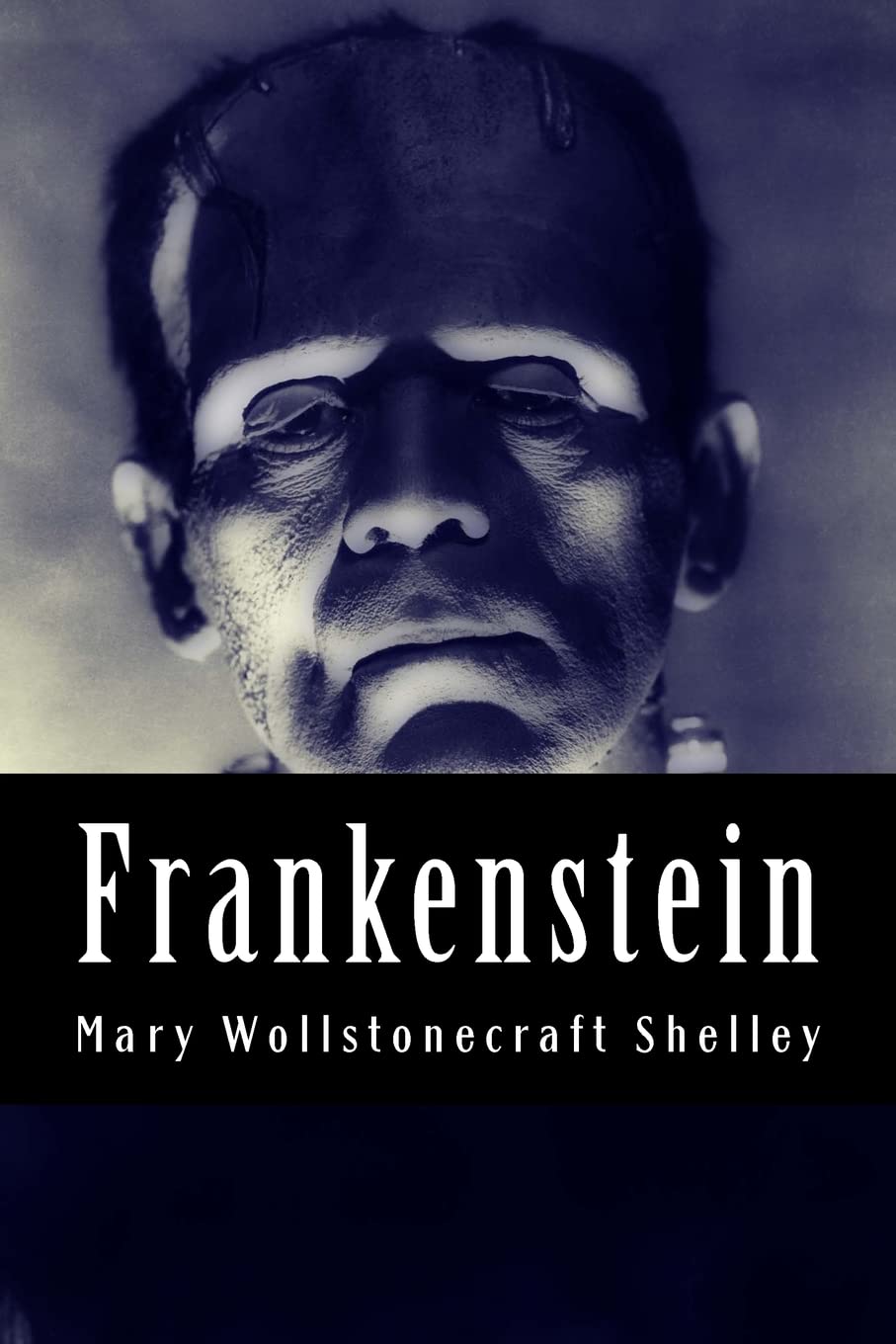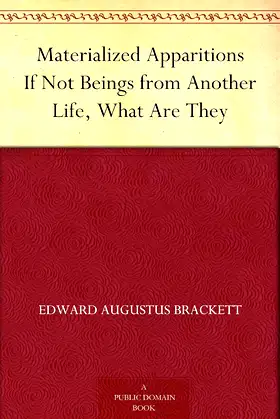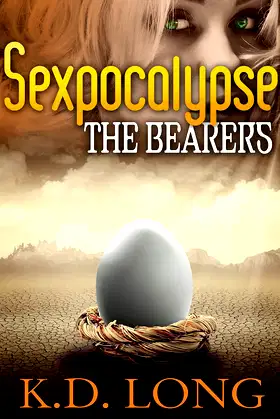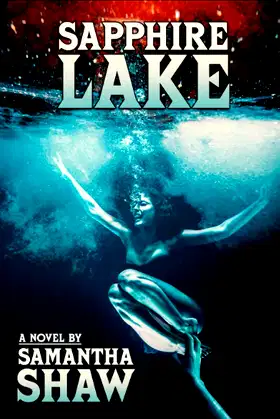- Overview
- Videos
- Discuss
Overview
Frankenstein; or, The Modern Prometheus is a novel written by English author Mary Shelley that tells the story of Victor Frankenstein, a young scientist who creates a grotesque but sapient creature in an unorthodox scientific experiment. Shelley started writing the story when she was 18, and the first edition of the novel was published anonymously in London in 1818, when she was 20. Her name first appeared on the second edition, published in France in 1823. Shelley traveled through Europe in 1814, journeying along the River Rhine in Germany with a stop in Gernsheim which is just 17 km (10 mi) away from Frankenstein Castle, where, two centuries before, an alchemist was engaged in experiments. Later, she traveled in the region of Geneva (Switzerland)—where much of the story takes place—and the topic of galvanism and other similar occult ideas were themes of conversation among her companions, particularly her lover and future husband, Percy Shelley. Mary, Percy, Lord Byron and John Polidori decided to have a competition to see who could write the best horror story. After thinking for days, Shelley dreamt about a scientist who created life and was horrified by what he had made; her dream later evolved into the novel's story. Frankenstein is infused with elements of the Gothic novel and the Romantic movement. At the same time, it is an early example of science fiction. Brian Aldiss has argued that it should be considered the first true science fiction story because, in contrast to previous stories with fantastical elements resembling those of later science fiction, the central character "makes a deliberate decision" and "turns to modern experiments in the laboratory" to achieve fantastic results. It has had a considerable influence in literature and popular culture and spawned a complete genre of horror stories, films and plays. Since the novel's publication, the name "Frankenstein" has often been used to refer to the monster itself, as it is in the stage adaptation by Peggy Webling. This usage is sometimes considered erroneous, but usage commentators regard it as well-established and acceptable. In the novel, the monster is identified by words such as "wretch", "creature", "monster", "demon", and "it". Speaking to Victor Frankenstein, the wretch refers to himself as "the Adam of your labours", and elsewhere as someone who "would have" been "your Adam", but is instead "your fallen angel."
Media Details
- Release Date 10/22/2016
- Author Mary Wollstonecraft Shelley
- Language English
- Companies CreateSpace Independent Publishing Platform
- Format Kindle
Well fuck :(
No videos in sight... for now. But fear not! Our creepy creatures are constantly prowling the web, hunting for fresh content to send chills down your spine. Check back soon, if you dare!
No posts found.


Reviews





out of 5 stars
Based on reviews
Review data
-
5 star star reviews
- 0%
-
4 star star reviews
- 0%
-
3 star star reviews
- 0%
-
2 star star reviews
- 0%
-
1 star star reviews
- 0%
Share your thoughts
Write a reviewRecent reviews
No reviews yet.
Be the first to leave a review




